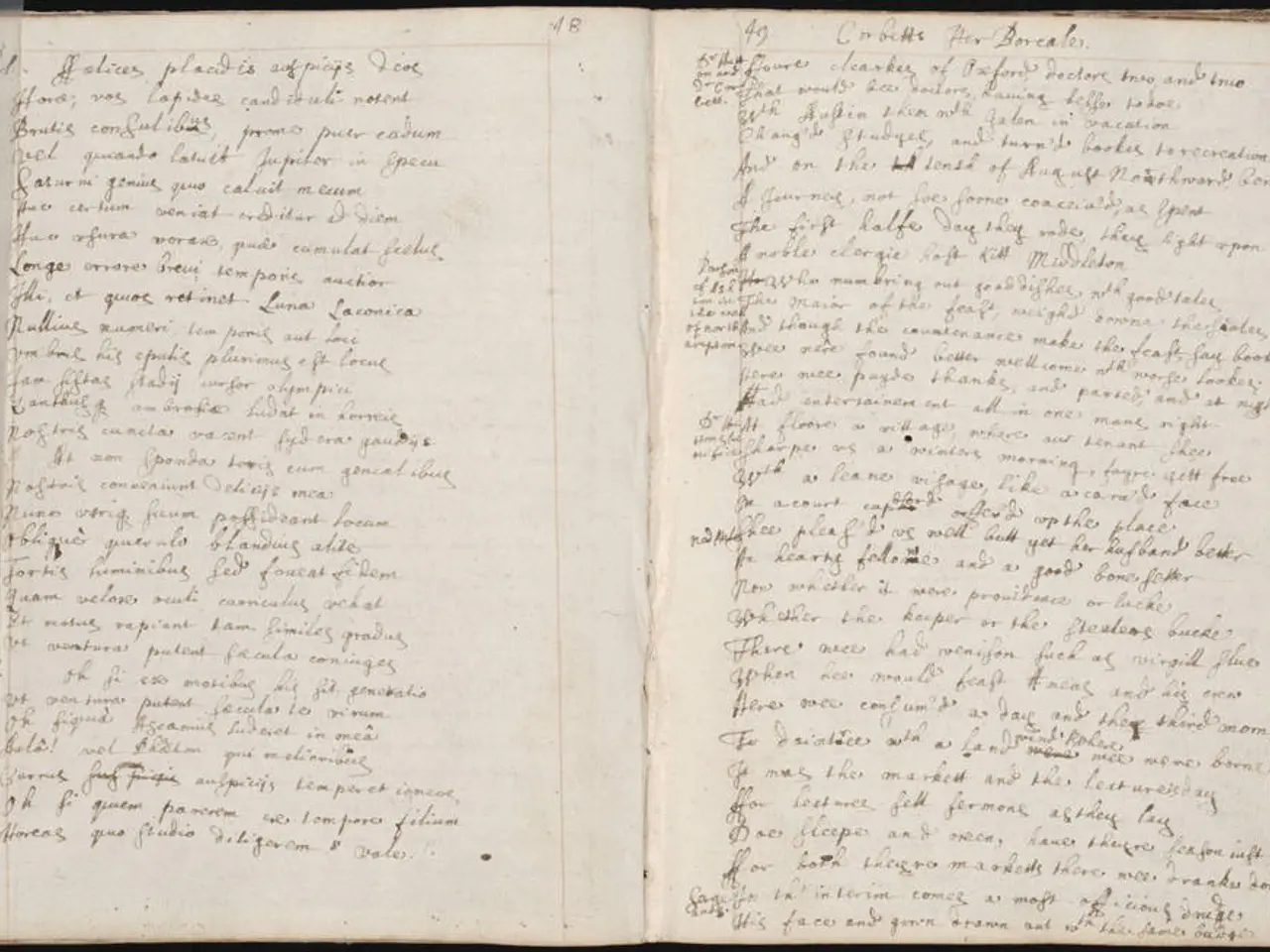A reconsideration of Watergate: Possibly, the most significant American conspiracy – yet, could it be that we've all been interpreting it incorrectly?
In the tumultuous years of the late 1960s and early 1970s, a satirical book named The Report from Iron Mountain served as a precursor to public perceptions of the Watergate scandal. Published in 1967 during Lyndon B Johnson's presidency, the book tapped into and amplified the Cold War-era paranoia and distrust of government power.
Written by Leonard Lewin, the book was designed to question America's military priorities and its dependence on conflict. It claimed to be a leaked government report from a secret think tank that concluded war was essential for social stability. The book proposed dark, conspiratorial solutions such as faked alien invasions and environmental catastrophes to maintain government control if peace ever emerged.
Although a work of fiction, it convinced millions by confirming fears of secret cabals and manipulative elites controlling national fate. This mindset helped shape how many Americans viewed Watergate—not as a single criminal event but as evidence of deep, shadowy government conspiracies, feeding perceptions of an entrenched "Satanic cabal" or Illuminati behind the scenes.
Fast forward to 1972, operatives linked to Nixon's re-election campaign broke into the Democratic Party's headquarters at the Watergate complex. The subsequent cover-up and Nixon's direct involvement led to resignations, impeachment proceedings, and his eventual resignation.
Journalist Phil Tinline argues that Watergate shows a strange mixture of fragility and incompetence, not a generalized nefarious web of dark, sinister power. He suggests that this background explains why Watergate has often been misunderstood. It was less a diabolical conspiracy and more a political farce magnified by the zeitgeist of the late 1960s and early 1970s paranoia.
The book's convincing nature was due to its basis in some truth, echoing real attitudes held by some figures in power, but exaggerating them to the point of absurdity. Its impact extended beyond satire, leading some to believe it was a genuine government document and fueling conspiracy theories.
In the climate primed to see hidden hands and dark networks everywhere, even a very localized and specific conspiracy like Watergate took on epic proportions. The book's influence is argued to have laid the groundwork for the public's response to the presidential scandal that brought down Johnson's successor, Richard Nixon.
In an interview conducted by James Osborne on the HistoryExtra podcast, Tinline discusses the roots of the Cold War standoff and meets the key players in the confrontation, including the Cuban Missile Crisis. The podcast series offers a fascinating exploration of how the Cold War standoff shaped public perceptions and the events that unfolded during this tumultuous period in American history.
References: 1. Tinline, Phil. (Interviewer). (2021, March 23). The Cold War: A New History [Podcast episode]. HistoryExtra. https://www.historyextra.com/period/cold-war/the-cold-war-a-new-history-podcast/
Books like "The Report from Iron Mountain" contributed to the entertainment industry's expansion during the late 1960s and early 1970s, providing a platform for discussions on controversial topics such as government power and military priorities. Moreover, such literature, with its blend of truth and fiction, also fueled speculations about conspiracy theories, a trend that persisted even during the Watergate scandal.








